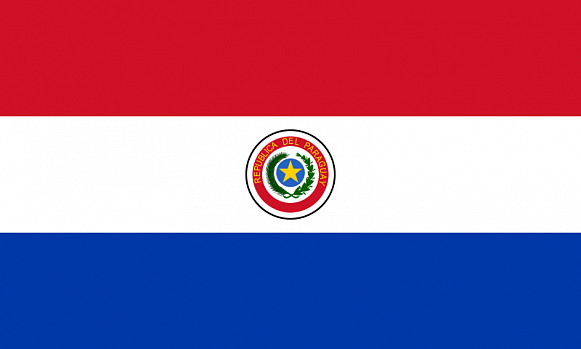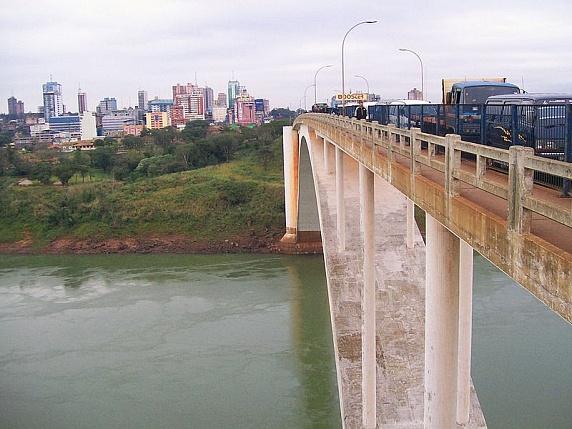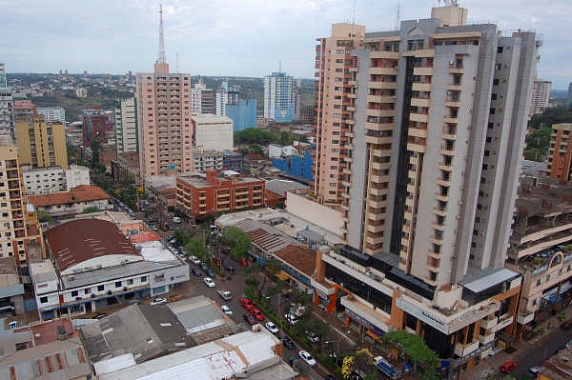 Республика Парагвай
Республика Парагвай
Press release on Foreign Minister Sergey Lavrov’s participation in the G20 ministerial meeting
On February 21-22, Foreign Minister Sergey Lavrov took part in the G20 ministerial meeting in Rio de Janeiro, the first such meeting held as part of Brazil’s chairmanship in this key forum of global economic governance.
Speaking on the G20’s role in overcoming current international tensions, Sergey Lavrov presented Russia’s detailed assessments of the geopolitical situation noting the West’s deliberate policy to maintain its dominance by containing new centres of power, eroding the coordinating function of the UN and the primacy of the universal provisions of international law, and substituting them with restricted-participation alliances and an obscure rules-based order.
The minister emphasised that the West employed a wide range of aggressive means ranging from instigating armed conflicts worldwide to cancelling culture-driven neocolonial practices and campaigns to oppose the countries it perceives as its rivals. The untenable weaponising of the economy, including unilateral sanctions and embargoes on undesirable states and sovereign asset seizure, was highlighted. All of the above reveals the United States and its allies’ push to gain economic advantages by creating hotbeds of geopolitical tension in order to compensate for the objective loss of their positions in the global economy and their inability to engage in fair competition.
The principled Russian policy to preserve the G20 as a key global economic forum that is free from politicisation and is not authorised to interfere in matters of international peace and security to the detriment of the prerogatives of the UN Security Council was reaffirmed. In this context, the unacceptability of attempts to lead the discussion away from the real challenges that plague the global economy through the Ukrainisation of the G20 agenda was emphasised, especially since the West consistently avoids candid discussion of the situation in the Palestinian territories and many other geopolitical issues that it finds uncomfortable to discuss.
In light of shifts in the balance of power and the rise of new global growth centres, the participants paid special attention to the importance of democratising the global governance system by expanding the rights of the Global South in proportion to its actual weight in the international arena. The efforts to artificially obstruct the reforming of the Bretton Woods institutions in order to keep them controlled by a small group of Western shareholders who increasingly use these institutions to promote their own political goals, including funding the supply of weapons to the Kiev regime, were highlighted. Russia advocates an early redistribution of voting quotas in the IMF and the World Bank in favour of the emerging economies. Sergey Lavrov pointed out the importance of avoiding the practice of attaching political strings to the provision of funding for the development goals of needy countries.
The minister noted the importance of considering the objective trend towards the greater global economic role of associations such as BRICS, the SCO, ASEAN, the EAEU, the African Union, the Arab League, and CELAC in G20 activities. Sergey Lavrov emphasised the weighty potential of cross-regional integration projects, highlighted the prospect for forming a Greater Eurasian Partnership, and welcomed Brazil’s initiative to invite the BRICS New Development Bank to take part in G20 activities. He also highlighted the importance of increasing the share of transactions in national currencies in light of the obvious failures of the international financial system which, in its current Western-controlled form, fails to fulfil its prescribed functions.
Sergey Lavrov held a number of bilateral meetings with his counterparts from Türkiye, South Africa, Egypt, Bolivia, Brazil, Mexico, and Paraguay on the sidelines of the G20 ministerial meeting.









